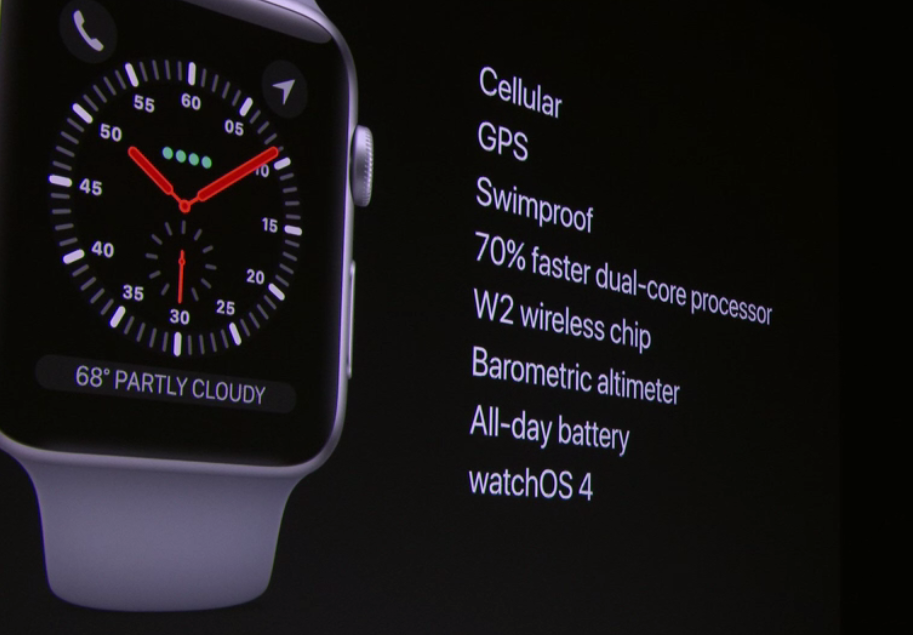The world is about to get smarter
Ask what artificial intelligence is to someone walking down the street and you will likely hear common names like Cortana, Google now and Siri.
Truth is these are not the artificial intelligence systems of the future, they are mere parlour tricks. How many times have you tried to use Siri, got frustrated and just gave up?
Future AI will be in the cloud
During Apple’s latest keynote speech, they made a big deal about performing “more intelligent” functions directly on your device. The justification for the dumbing of their AI is that they are the privacy company and privacy means your data should never be analyzed in the cloud.
Truly useful AI will be customized to the needs, wants and desired of each individual user.
I will suggest that this unfortunate position will bite Apple in the ass as it tries to compete with the other giants willing to do what it is not.
Truly useful AI
For AI to be truly useful, it must:
- always be available everywhere you want to use it
- be personalized and provide the information you need exactly when you need it with no fuss or complication
- be usable as a natural extension of your everyday life
It must be everywhere
We are currently living in a siloed world where everyone tries to trap you in their ecosystem. Eventually AI will be sprinkled everywhere in everything and will follow the user.
Nowhere is the first generation of this concept more apparent than the Amazon Echo. Like many, I laughed at it, thinking it was the most absurd creation in the world. Why would I want to buy another intelligent assistant when I already had one on my phone. Then I had a chance to use it and it was a revelation. Once it is setup, the Echo disappears and you feel like you are talking to your house. I realized that the simple fact that I could talk to it without pressing a button or finding my phone was incredibly freeing.
AI of the future will be in all places, all the time. AI will be in your house, your car, your mobile device, built into your office and everywhere in between. It will be there when you want it without any cognitive stress (without having to think whether it is available).
It must be personalized
As a security leader, I am conscious of the incredibly tumultuous topic of personal privacy. Proponents say that once it is lost, it is impossible to gain back and they are right. But in order to move forward, we will need to adjust to the new reality of limited or differentiated privacy.
Truth is Siri is rather annoying. So annoying in fact that I rarely use it. Even though it is more difficult, I keep going back to the Google search app on my iPhone. Why? Because it works better. Google sees my email, calendar and location. It knows what I search for. It knows the stocks I follow and the people I interact with. Google has never been shy about using the information provided by its users. Its voice recognition engine is several generations better than Apple’s because its tools are always learning from every user interaction and those learnings are quickly made available to the entire population of customers. I am more likely to get a “good answer” from Google than Apple.
As the need for apps diminishes, the true differentiator of platforms will become intelligent AI, something Apple will have a tough time doing with its privacy stance.
Photos in IOS 10 will get much starter. It will allow you to search for some predefined scenes (beach, snow, etc) and categories of things (landmarks, dogs, etc). But the engine will only be able to index images on that specific device. Indexes will not be portable between devices and images not on a MAC, ipad or iphone will not benefit from these improvements. And searchable indexes made on one device aren't available on another.
Google Photos on the other hand has a highly evolved neural network that benefits from the hundreds of millions of images uploaded monthly by its users. It can identify not only that an image contains a dog but can determine that the the picture contains a Siberian husky. Because it indexes faces of people in your pictures, you can ask it to find a “beach picture of your aunt Gertrude taken last year in Venice”. Apple can’t do that. Apple won’t be able to do that until it changes its stance on privacy.
I will also use this space as an opportunity to remind users that although Apple protects your privacy, nothing else does. If you use Facebook with the Facebook app, it tracks were you are and what you are doing. If you browse the web, you are being tracked, by ad networks, websites and search engines. Being truly private is difficult and complicated. It requires a careful planning that the average user cannot do. Even the TOR proxy network isn’t totally private unless you take the necessary precautions. So the moral of the story is that much of what Apple is selling is security theatre.




